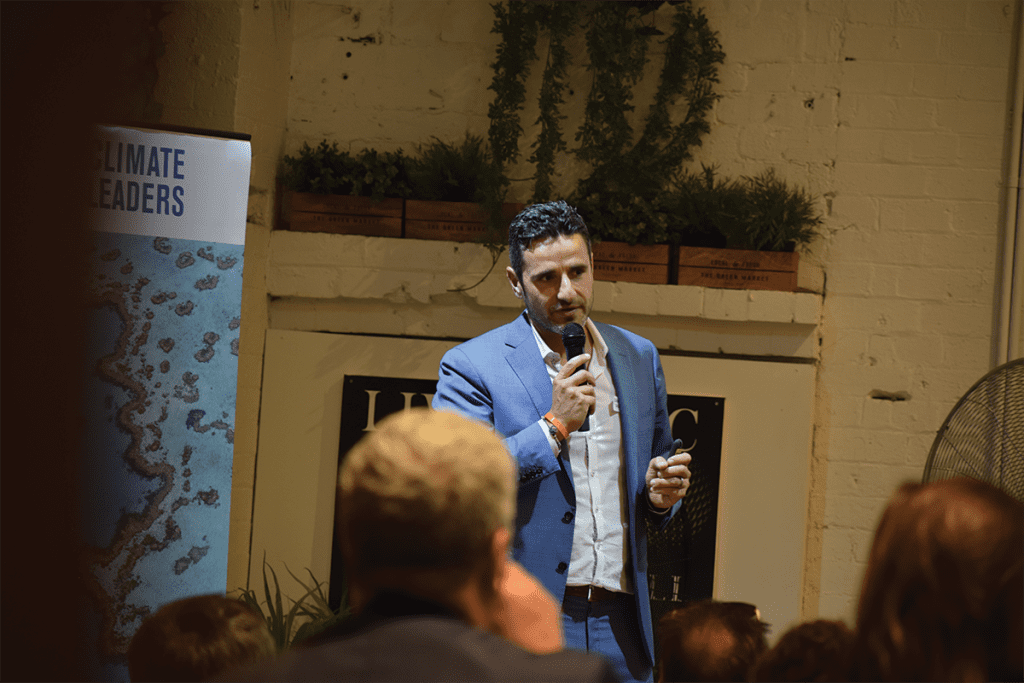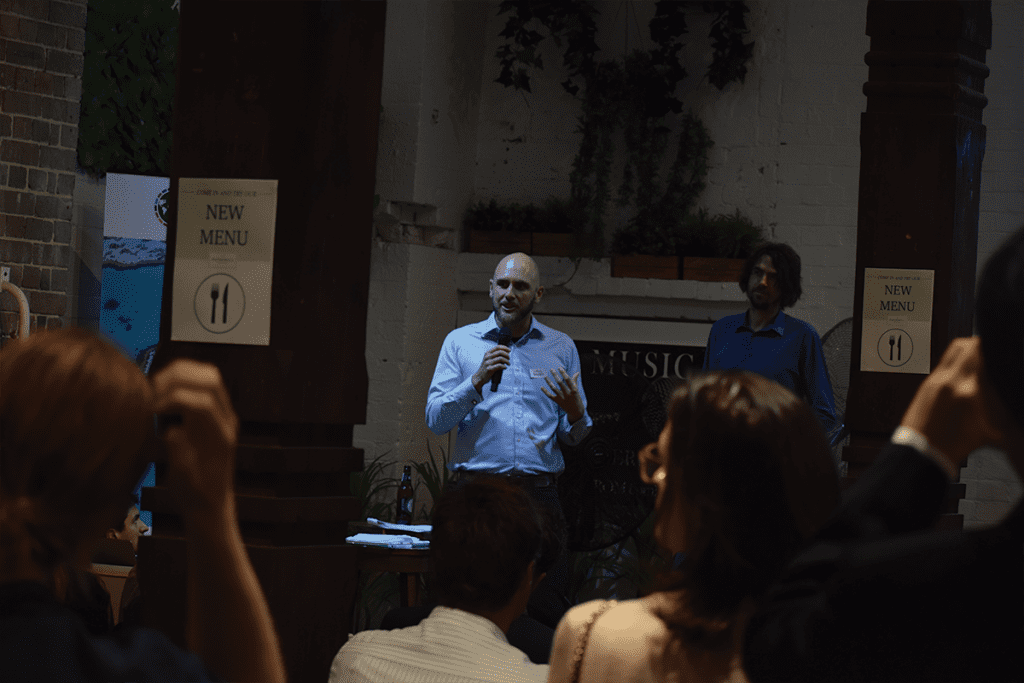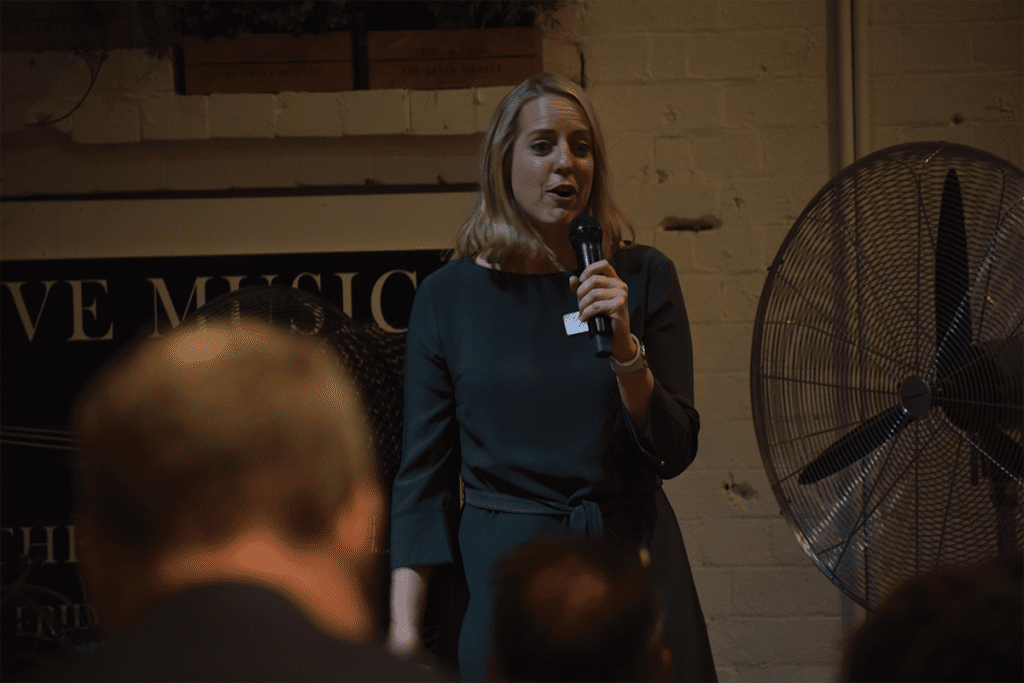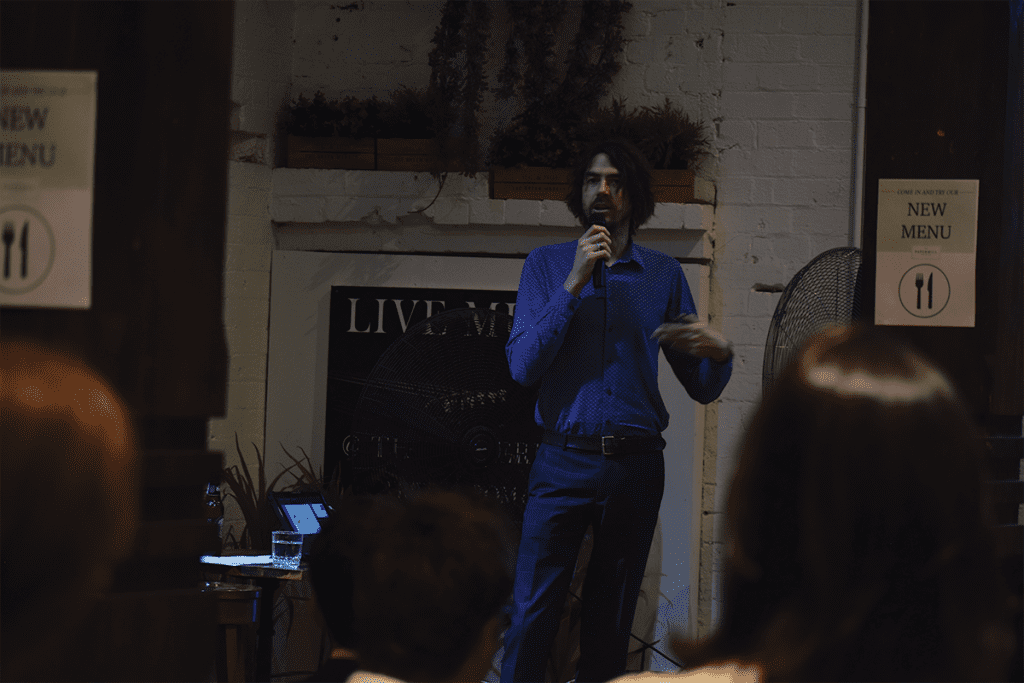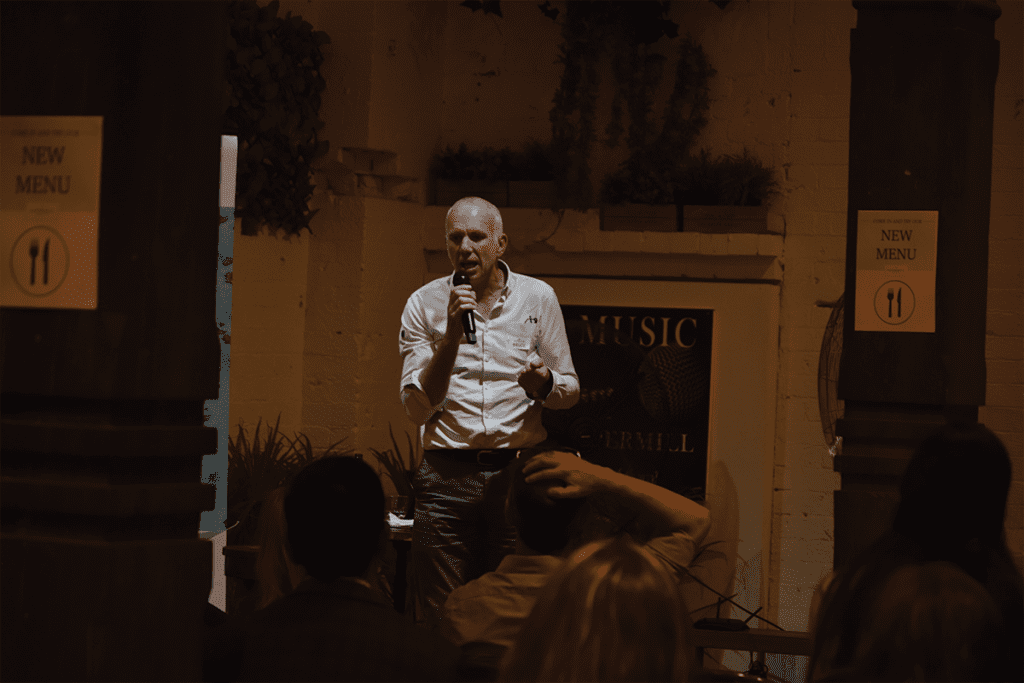Climate Leaders come together to share practical solutions to the climate emergency.
As bushfires rage across Australia, it is safe to say that concerns over the impacts of climate change have reached fever pitch. With almost 70 councils, including the City of Sydney and the City of Melbourne, declaring a Climate Emergency, we know the problem and that we have to act now. However, it can be hard to know what solutions are available or where to start.
Driven by our passion for enacting practical solutions to combat climate change, Ecovantage hosted its first Climate Leaders Forum, ‘Watt Solutions’, in Sydney earlier this month. In partnership with South Pole, we were proud to bring together over 50 Climate Leaders to channel our despair over the continuing bushfires and the future of our planet, into meaningful actions to address the climate crisis.
The premise was simple: share practical solutions to the climate emergency, and work together to put them into practise.
Emceed by our very own Shanti Mors, and with opening statements on the importance of finding your ‘why’ in the fight against climate change from our NSW General Manager Cae Mantovanni – any idea, both big and small, was welcome. We heard cutting-edge and available solutions from experts in energy efficiency and sustainability including: Carola Jonas from Everty who spoke about the rapid rise of electric vehicles (EVs); Jean-Louis Salinas from global powerhouse Siemens who shared insights on green hydrogen; and Bradley Anderson from the Energy Efficiency Council who presented on the importance of energy management.
From the outset, it was abundantly clear that the time for practical solutions is now and that everyday Australians, businesses, and organisations are leading the charge.
So, what are some practical solutions to help us turn the tide on climate change?
Giving carbon the flick
One of the most important challenges in addressing climate change is the ‘decarbonisation’ of the economy. As industries, businesses and governments, we can better meet this challenge by investing in and expanding renewable energy sources followed by practical measures to integrate them into our infrastructure and lives.
According to Jean-Louis, ‘Green Hydrogen’ looms as a largely untapped solution to the climate crisis. If you are yet to come across its potential and promise, you can learn more about green hydrogen in this short video from Siemens. In our breakout workshop on harnessing hydrogen, we heard ideas such as: government schemes to recognise green hydrogen as clean energy (similar to the Energy Saving Scheme); ways to increase community ownership over renewables; the creation of a standardised modular hydrogen station near wind and solar farms; and redirecting subsidies from fossil fuels to renewables so that we are incentivised to leave no stone unturned in the quest to produce and use energy differently.
Have you told your MP that you want to see more clean energy initiatives? Here’s how you can do that.
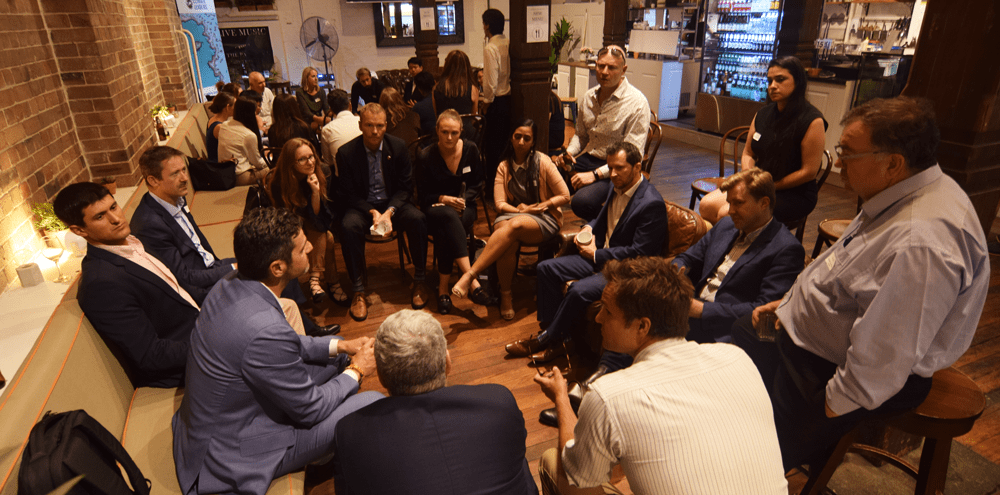

Workshopping solutions for climate change
Electric cars charge ahead
When it comes to decreasing carbon emissions – many of us look at ways to lessen the environmental impact of the cars we drive. Carola Jonas is the CEO and Founder of EV charging network, Everty, which allows drivers and charging station operators to easily access and manage charging stations. Carola shared with us both the opportunities and challenges involved in a widespread transition to electric-powered vehicles, including what might happen if we all plugged them in at the same time.
The breakout workshop on EVs was jam-packed with practical solutions to combat climate change including: the mainstream adoption of parking permits and reduced council rates for EVs; electric car sharing services; transit lanes for EVs; and incentivising off-peak charging by installing stations in city buildings. Given the cost of filling up your car with fuel (both for you and the planet), EVs are only going to become more and more common on our roads. From the car in your garage to the bus you take to work – EVs pose a viable alternative to their gas-guzzling counterparts.
Could you make your next car an electric one?
Better energy management is the future
For some of us, the thought of plugging in our cars at night like we would our mobile phones, would be something out of a science fiction film. However, with solar panels in over a quarter of Australian homes and more businesses changing their lights to LEDs every day – as Bradley from the Energy Efficiency Council pointed out – many solutions to the climate crisis once considered to be ‘out of this world’ are now commonplace.
While energy efficiency has played a key role in reshaping global energy systems, Australia still has a long way to go to ensure that our energy system is affordable, reliable and sustainable. To that end, Bradley led a vibrant discussion on how to better manage energy in this country, resulting in solutions such as: the creation of a two-way energy market that provides financial incentives to consumers; a rapid and nation-wide energy literacy education campaign; and the widespread rollout of smart meters to share energy data in real-time.
Does your business leave no stone unturned to reduce its carbon footprint?
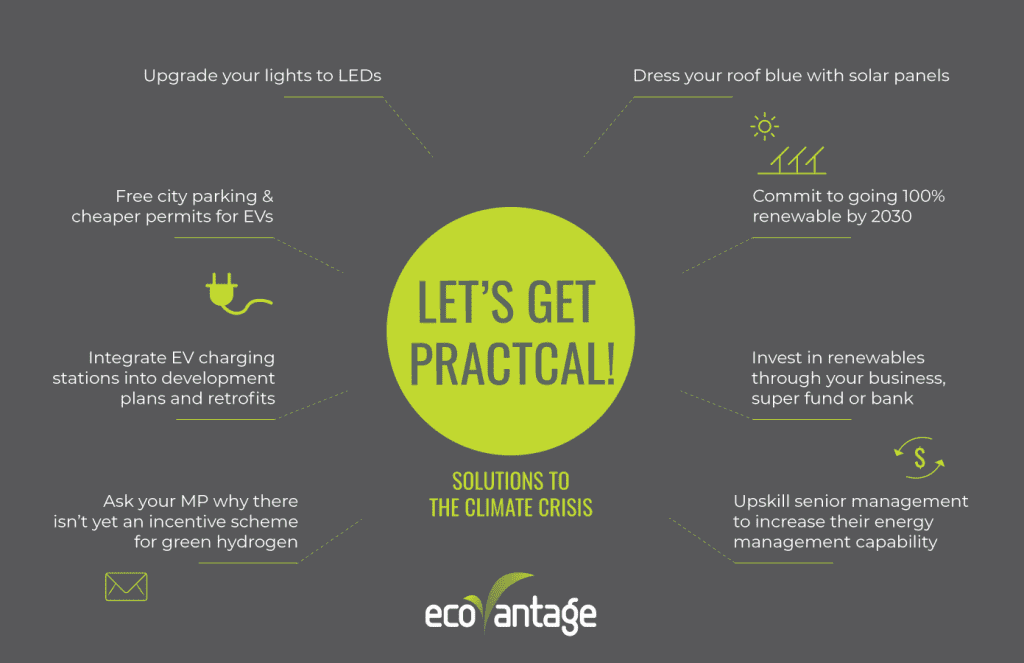

It’s time for action
If we are going to turn the tide on climate change, then we need to take collective responsibility to make changes in our homes, in our workplaces, and in our communities. While many of us are taking action already – we need more spaces like this one to come together and share practical solutions. We are not alone and there are solutions. Australia – it is time to act.
We are here to help. If you would like to discuss practical ways to save energy, save money and save the planet – give us a call on 1300 721 335.

 Victoria
Victoria


